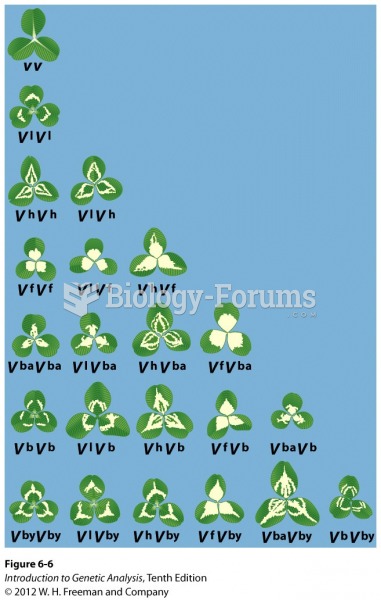The most compelling reason given for becoming a teacher involves the interpersonal interactions resulting from continuous contact with children and young people. Specifically, teachers mention that they like to work with children and youth, make a difference in their lives, and see the look of joy when a student finally gets it. Reasons such as these are given by teachers who view teaching as a special mission in our society and consider teaching a valuable service and a way to make a lasting contribution to society. One teacher explained her career choice by saying, I want to be a difference in somebody's life. I want to mean something...change something. I would choose teaching again in a minute if I had the chance. It's what I want to do. Other reasons people mention when discussing the decision to be a teacher include ease of entry, exit, and reentry into the profession, flexibility of time, and material benefits. The teaching career is accessible to individuals who start their careers in other fields and develop a second career. Parents enjoy the hours that parallel their children's hours, including the time off during holidays and in the summer. Satisfying salaries, job security, and benefits also attract individuals into teaching careers. Nevertheless, without fail, surveys continue to demonstrate that teachers who indicate that they are not likely to leave the profession give love of teaching as the reason they will continue. Perhaps due to the influences of family, teaching often continues as a family tradition. One future teacher in five reports a mother or father who taught at one time or is still teaching. Parents serve as models and have a great influence on their children's decision to become teachers. As one future teacher wrote, I never had the opportunity to have my Dad as a teacher, but I have always heard wonderful things about him from his exstudents....I guess you could say I am in the 'family' business. Despite the statistics, some parents may not support their children's decision to become teachers. Many beginning teachers report that family members tried to dissuade them from entering the teaching profession. Future teachers are often aware of the negative perceptions associated with a teaching career but are not daunted by them. One future teacher admitted, When I made it to collegegraduating at the top of my high school classmy whole family said I shouldn't go into teaching. 'You're too smart to teach,' they said. 'You need to be a doctor or lawyer and make some money.' I was the only one in my extended family to ever get a degree, so everyone was pushing me to do different things. I looked at business, but nothing excited me like being a teacher. Identify the relationship between the first two sentences of the passage.
a. statement and clarification
b. cause and effect
c. listing
d. generalization and example
Question 2
The most compelling reason given for becoming a teacher involves the interpersonal interactions resulting from continuous contact with children and young people. Specifically, teachers mention that they like to work with children and youth, make a difference in their lives, and see the look of joy when a student finally gets it. Reasons such as these are given by teachers who view teaching as a special mission in our society and consider teaching a valuable service and a way to make a lasting contribution to society. One teacher explained her career choice by saying, I want to be a difference in somebody's life. I want to mean something...change something. I would choose teaching again in a minute if I had the chance. It's what I want to do. Other reasons people mention when discussing the decision to be a teacher include ease of entry, exit, and reentry into the profession, flexibility of time, and material benefits. The teaching career is accessible to individuals who start their careers in other fields and develop a second career. Parents enjoy the hours that parallel their children's hours, including the time off during holidays and in the summer. Satisfying salaries, job security, and benefits also attract individuals into teaching careers. Nevertheless, without fail, surveys continue to demonstrate that teachers who indicate that they are not likely to leave the profession give love of teaching as the reason they will continue. Perhaps due to the influences of family, teaching often continues as a family tradition. One future teacher in five reports a mother or father who taught at one time or is still teaching. Parents serve as models and have a great influence on their children's decision to become teachers. As one future teacher wrote, I never had the opportunity to have my Dad as a teacher, but I have always heard wonderful things about him from his exstudents....I guess you could say I am in the 'family' business. Despite the statistics, some parents may not support their children's decision to become teachers. Many beginning teachers report that family members tried to dissuade them from entering the teaching profession. Future teachers are often aware of the negative perceptions associated with a teaching career but are not daunted by them. One future teacher admitted, When I made it to collegegraduating at the top of my high school classmy whole family said I shouldn't go into teaching. 'You're too smart to teach,' they said. 'You need to be a doctor or lawyer and make some money.' I was the only one in my extended family to ever get a degree, so everyone was pushing me to do different things. I looked at business, but nothing excited me like being a teacher. According to the passage, what percent of future teachers indicate that a parent was a teacher?
a. 10
b. 20
c. 30
d. 50







